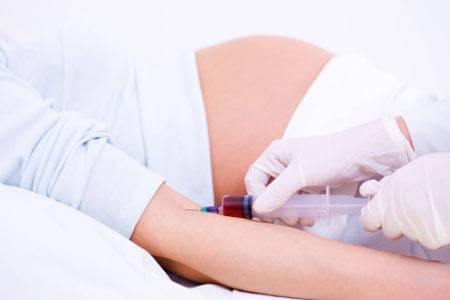Calendar of medical tests during pregnancy
Throughout trimesters of pregnancy, the gynecologist will perform various medical tests that will measure the correct evolution of that. Analysis of blood, urine, pap … Want to find out what are these tests? Then we detail what they are.
Table of Contents
Blood tests during pregnancy
This is one of the first tests that are subjected to any pregnant woman is a blood test. But what reveals the blood test? This test will determine if the woman is immune to toxoplasmosis. In case not, it is important not maintain contact with cats, do not take raw foods, undercooked and take proper hygiene and handling food intake. These initial analyzes doctors can determine if there are other diseases, for such as hepatitis, HIV, or syphilis.
Also during the first trimester of pregnancy will perform a blood test to detect your blood type and know whether it is negative or positive. In the event that the results revealed a consistent Rh-negative will need to carry out special medical monitoring.
During the second trimester the woman is subjected to glucose-test among pregnant also known as sugar test. But what is this sugar test? This is a blood test and oral administration of sweet syrup with a quantity of glucose. After an hour, it takes a new blood test and check how the body reacted to this contribution of sugar.
Urine tests during pregnancy
In each trimester of pregnancy the woman will undergo a urinalysis. For this, it is to take the urine of first hour of the morning on an empty stomach. This test is to check if bacteria and the amount of protein present.
Pap test during pregnancy
During the first trimester, a pregnant woman will take a sample of cervical cells. Cytology is an essential test to determine whether cervical cancer or if, perhaps, there are cells that indicate the possible development of this disease.
Exudate at the end of pregnancy
Between weeks 36 and 37 of pregnancy, your doctor will perform a vaginal and rectal swab samples from the vagina and rectum with a small swab.
This test is intended to rule out the presence of the group B streptococcus, a bacterium that involves no danger for women but for the baby. In the event that the woman is a carrier of the bacteria, the woman will be given antibiotics through a vein during labor to prevent infection affect the baby.
If you are thinking about getting pregnant or who knows if it will be, here you can read about the medical tests schedule to which you should submit yourself for weeks of gestation.
